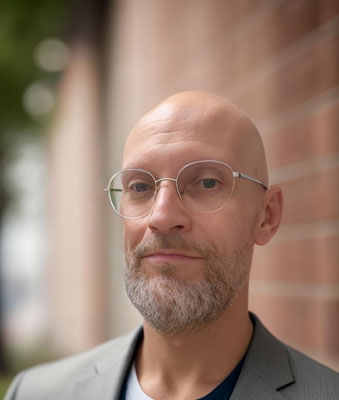NHS at 70
Are we ready and willing to pay for healthcare?
You can hardly have missed the coverage of the 70th birthday of Britain’s National Health Service (NHS) in early July (unless you are not based in the UK, in which case, bear with us). (1)
As Andrew Fergusson explains in more detail in his article in this edition, the advent of the world’s first national, universally accessible and free at the point of need healthcare system was a momentous step. Initially a source of anxiety and opposition, it is now an integral part of the British identity. Even if you don’t work in it, you will have been treated in it. You were almost certainly born in the care of an NHS midwife and you will almost certainly die under the care of an NHS hospital or hospice.
But it is also a health system in crisis. (2) Since its start, demand has outstripped supply, but the situation is worse now than at any time in recent history. A winter crisis in early January 2018 shocked many into realising just how understaffed the NHS was in the face of the nation’s health needs. Shortages of GPs and nurses (3) and the alarming attrition of junior doctors (4) are causing many to ask what is going wrong and if the NHS has got a future.
Increases in funding are being promised by devolved national governments across the UK. However, it is being recognised that this will come at the cost of increased taxation and possible charges for some services. Both will be contentious – the NHS’s founder Nye Bevan quit the government over the introduction of prescription charges. And while polls suggest the public are willing to pay more taxes for the NHS, (5) it waits to be seen if this will be accepted in practice.
The NHS may not be perfect, but it has maintained a vital and popular role in British civic life. The question we must ask as a nation is how ready we are to pay for healthcare free at the point of delivery to all, on the basis of clinical need rather than wealth. The answer to this question in the coming years will reveal the sort of nation we are becoming.



